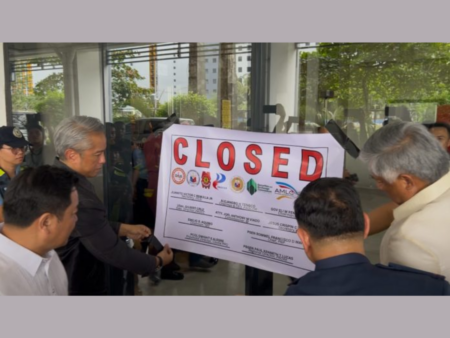In a recent exploration of the Chinese online gambling scene, researchers have delved into the operations of three major skin gambling enterprises, shedding light on their remarkable ability to thrive despite stringent legal constraints.
To counteract China’s strict online gambling laws, a new wave of gambling websites has emerged, employing strategic disguises to sidestep regulatory scrutiny. Termed as “skin gambling” websites, these platforms have ingeniously found ways to function within legal boundaries while still providing enticing betting opportunities.
This form of online gambling employs virtual “skins” as currency, originating from customizable items for video game characters. Despite strict regulations against online betting, these skins have gained considerable monetary value, becoming tokens for gambling across various online platforms.
While the Chinese government actively addresses online gambling, particularly cash gambling websites, skin gambling platforms have remained relatively unnoticed. Recent reports, however, indicate an increased effort by Chinese authorities to crack down on these platforms, recognizing the challenges they pose in enforcing online gambling laws.
Despite ongoing regulatory measures, the skin gambling industry endures. Operators adapt their strategies to outsmart enforcement actions, showcasing a remarkable resilience in the face of legal challenges.
Junqing Zhang’s study at Kyushu University delves into the operations of three major skin gambling companies—VPgame, Max+, and C5game. These companies have adopted clever disguises, portraying themselves as legitimate entities within esports, gaming forums, and virtual item trading markets.
VPgame strategically positions itself within the esports industry, offering esports-related services alongside its skin gambling platform, successfully avoiding government scrutiny. Likewise, Max+ cleverly masquerades as a popular gaming forum, engaging users in extensive discussions on gaming while discreetly facilitating skin gambling activities. Conversely, C5game operates as a virtual item trading market, allowing users to buy and sell game skins under the guise of virtual asset trading, avoiding legal repercussions while still hosting skin gambling through jackpot-style events.
Regardless of the effectiveness of these strategic disguises, the complete extent of the skin gambling industry in China remains unclear. It is crucial to conduct additional research to gain a comprehensive understanding of the landscape of skin gambling websites and their activities within the country. In the ever-changing realm of online gambling, where regulations are constantly evolving, the skin gambling industry in China persists in forging its own trajectory, adapting and thriving against all odds.

















